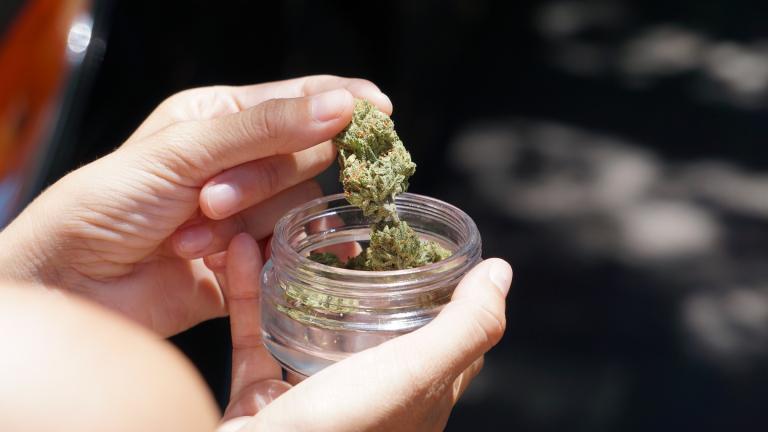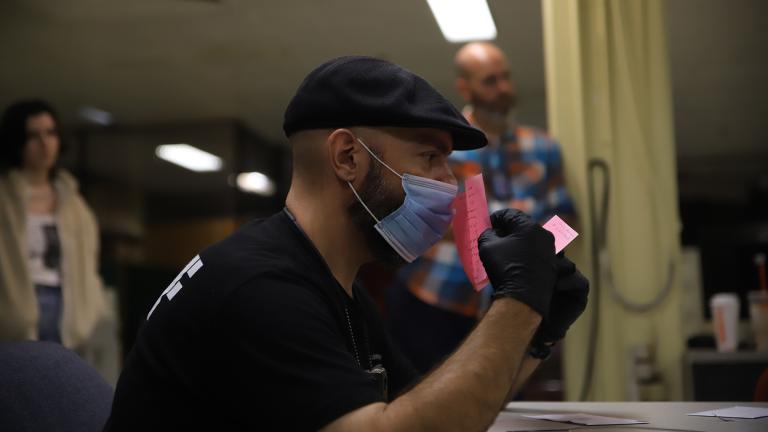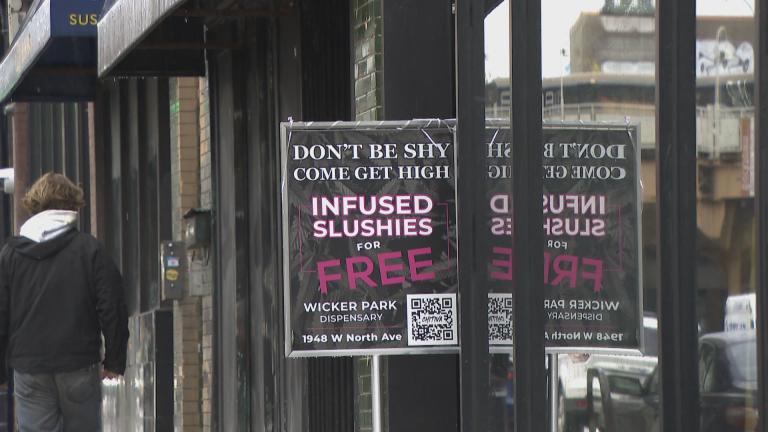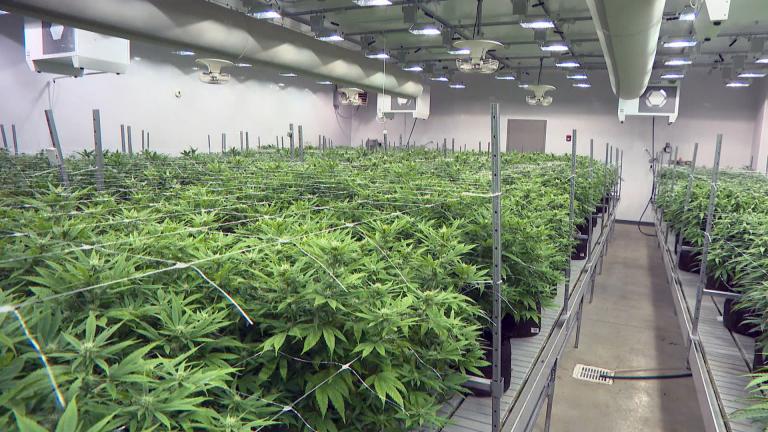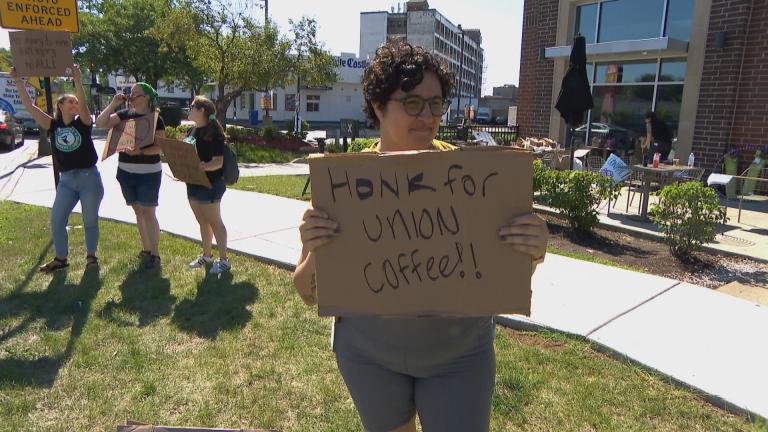Following a two-week recess, some state lawmakers returned to Springfield on Tuesday with a big item on the agenda: introducing and passing a bill legalizing recreational marijuana before the General Assembly’s legislative session ends on May 31.
State Rep. Kelly Cassidy and state Sen. Heather Steans, both Democrats representing the Chicago area, are planning to present the 300-page bill in the coming days, according to the Chicago Sun-Times.
Beyond creating a legal marijuana market for recreational adult use, the bill’s co-sponsors say it will include measures to expunge misdemeanor pot convictions from criminal records and provide an opportunity for those with prior convictions to seek employment in the new industry.
Ali Nagib, assistant director of the Illinois chapter of NORML (the National Organization for the Reform of Marijuana Laws), said U.S. drug policy, namely the war on drugs, has failed.
“To a large degree, that has been a war on cannabis, but it’s also been a war on people, it’s been disproportionally a war on certain communities,” Nagib said.
For years, it’s been reported that pot-related enforcement and arrests occur more frequently in Chicago’s predominantly black communities than in majority-white neighborhoods – even after lower amounts of marijuana possession was decriminalized, according to the Sun-Times.
Despite that discrepancy, Teresa Haley, president of NAACP’s Illinois chapter, announced her organization’s opposition to legalization in March.
“I see more people walking around looking lost, homeless, in trouble with mental health issues, not knowing where to go for help,” Haley said. “I see people suffering from it every day in our communities. I see people losing their jobs. I see people going to prison.”
Clinical psychologist Aaron Weiner, the director of addiction services at Linden Oaks Behavioral Health, said legalizing recreational marijuana could make the substance more accessible to minors.
He said his Naperville facility sees one to two adolescents per month for mental health problems related to marijuana use.
“Cannabinoid-induced psychosis is actually real,” Weiner said. “I think a lot of people think that’s something that’s not happening – it is.”
But Nagib said for an aging baby boomer population, increased use of cannabis could bring down health care costs.
“If we see some growth in people on Medicare consuming less alcohol, consuming less prescription opioids and consuming more cannabis – is that a net win for public health and public safety? We say yes,” Nagib said.
But Weiner says there is a public misconception that cannabis is not addictive.
“It’s addictive like alcohol is addictive – you use it over a long period of time, it becomes part of your daily routine, how you socialize and how you deal with problems,” Weiner said. “It’s not like heroin or methamphetamine that grabs you really quickly, but that doesn’t mean it’s not addictive.”
From a financial perspective, Illinois stands to gain hundreds of millions of dollars in legal pot tax revenue and fees.
Gov. J.B. Pritzker, who made legalization a major part of his election platform, said licensing fees could raise $170 million in the 2020 fiscal year budget.
Nagib and Weiner join Carol Marin to discuss the legal pot debate.
Follow Evan Garcia on Twitter: @EvanRGarcia
Related stories:
Illinois is Really Close to Legalizing Marijuana … Or Is It?
As Marijuana Industry Grows, So Does Its Banking Problems
How it Works: Illinois’ New Opioid Alternative Pilot Program
Kim Foxx Plans to Expunge Misdemeanor Marijuana Convictions


